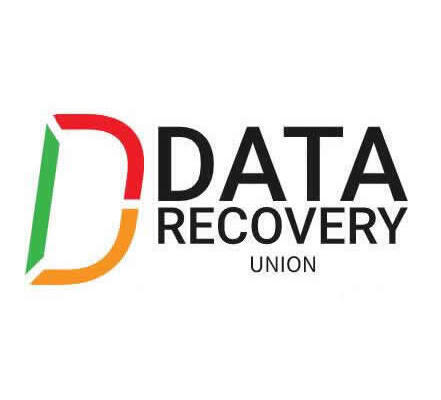
What risks do viruses pose to the data on a hard drive?
 When it comes to data storage, viruses can be divided into two basic categories:
When it comes to data storage, viruses can be divided into two basic categories:
- Viruses that delete data
- Viruses that corrupt data
Viruses that delete data will tell the operating system (such as Windows) to flag files as being deleted. The data itself becomes unavailable but it still exists on the platters until it’s overwritten. This data is recoverable using Data Recovery Softwares designed to perform data recovery which will scan the platters and mark recognizable files as not deleted, effectively restoring them to the directory structure.
Viruses that corrupt data are the most dangerous because they overwrite files with garbage data and then possibly flag them as deleted. This makes the data unrecoverable.
In either case, it is very important to have antivirus software running on any machine whether it’s connected to the internet or not (viruses can be propagated from CDs, floppies, and other storage mediums) and keep a backup of any critical data on a removable storage device which will help prevent viruses from propagating to your backup.
